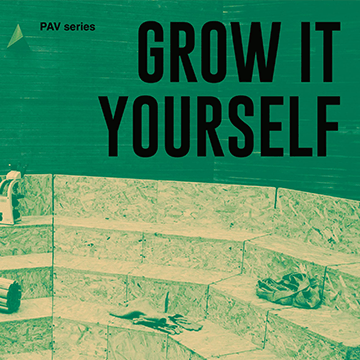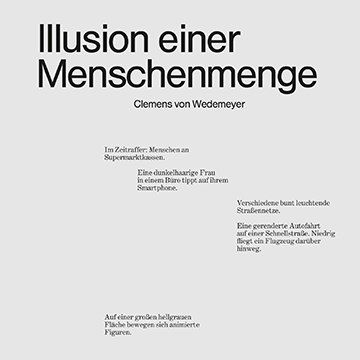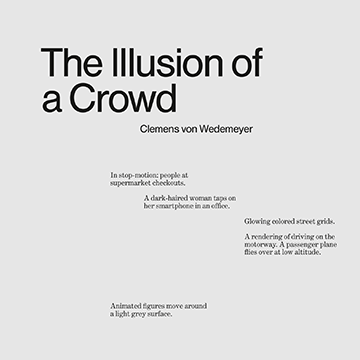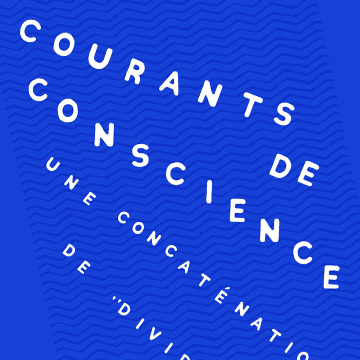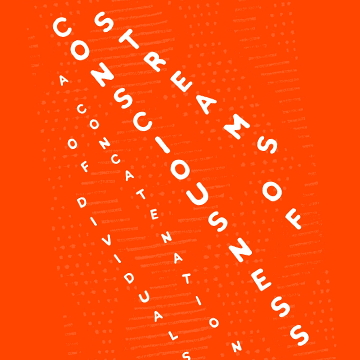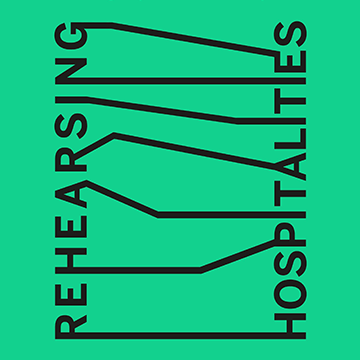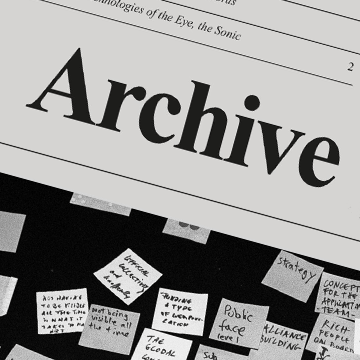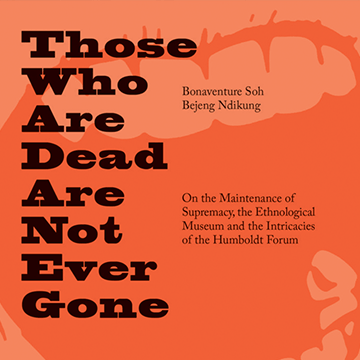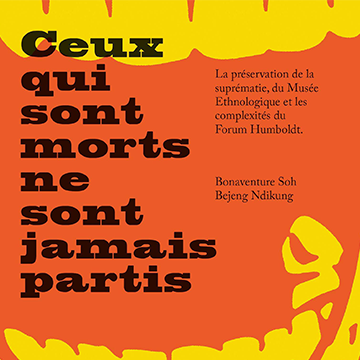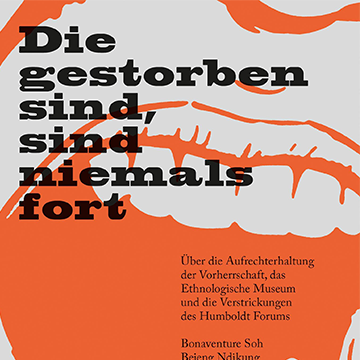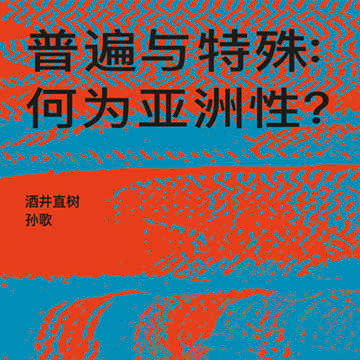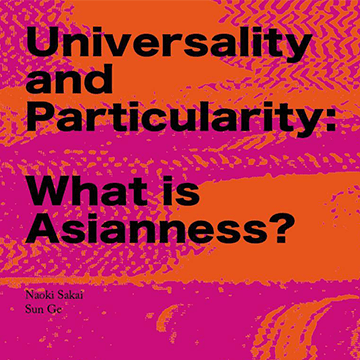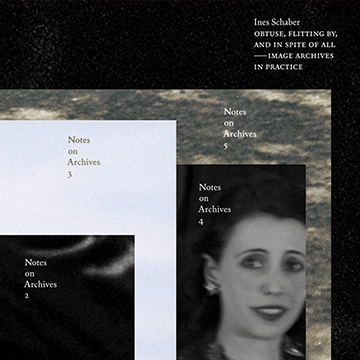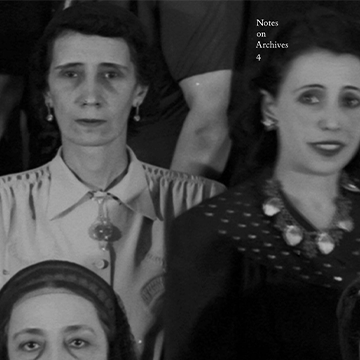There is no question that ecological ideas acquired a central role in contemporary episteme. In contrast, the heuristic function that these ideas can assume in the current polarisation is questionable: that which, over the last decade, has identified the environmental crisis with the (categorical and totalitarian) concept of the Anthropocene. Ecological discourse positioned itself inside historically situated trajectories that contributed to the transformation of aesthetical paradigms and political practices. In the scenario that 1968 opened up, the transversal nature of subjectivity allowed it to cover different fields, beginning with the tension between the logic of a unitary discourse and the creation of a multiplicity of possible worlds, between the molar and the molecular, the micro and the macro.
Category: Titles
Grow it Yourself
There is no question that ecological ideas have by now acquired a central role in contemporary episteme. In contrast, the heuristic function that these ideas can assume in the current polarisation is questionable: that which, over the last decade, has identified the environmental crisis with the (categorical and totalitarian) concept of the Anthropocene. […] Nonetheless, if it is true that the concept of the Anthropocene has its origins in this “change in state” of human activities, the impression remains of being witness to a new form of universalizing anxiety (impatience) that is ready to re-establish and recapture the ecological discourse within a to- talitarian and centralizing narrative, in a sort of modernist, meta-narrative to whose liquidation the environmentalism of the 1960s and 1970s (with its movement-based and destituent nature) had contributed.
Illusion einer Menschenmenge
Filmmaterial 7 / In Zusammenarbeit mit Till Gathmann. Mit den Filmen Transformation Scenario, 70.001 und Faux Terrain sowie einem Bildessay, Glossar und Textbeiträgen von Heike Geißler, Fanni Fetzer und Franciska Zólyom.
The Illusion of a Crowd
Film material 7 / In collaboration with Till Gathmann. Including the films Transformation Scenario, 70.001, and Faux Terrain, as well as a visual essay, a glossary and texts by Heike Geißler, Fanni Fetzer, and Franciska Zólyom.
Streams of Consciousness. Catalogue
The moment of a snapshot could be an extended moment of capturing the stream of consciousness. The moment something catches the attention of the photographer, the many associations that are made conceptually and aesthetically, the many references that are invoked and situations convoked lead to the shot. Thinking is as much an active as a passive process, and what becomes important is how that which is seen, heard, smelled, felt, tasted or perceived in another way triggers the inner eye to see or inner voice to utter thereby setting this stream of consciousness in motion.
Courants de conscience. Reader
Conçue pour la 12ème édition des Rencontres de Bamako ce livre recueille la pensée des écrivains, des poètes et des artistes quant à la pratique de la photographie en Afrique et à travers sa diaspora de part la notion de « courant de conscience ».
La notion de courants de conscience est liée de manière intrinsèque à celle d’une profondeur de la vision : en d’autres termes, elle correspond à l’idée que la vision peut transcender ses confins optiques pour invoquer les autres sens. La photographie en tant que force vectorielle d’une telle conception de la vision, fait acte de prothèse pour combler notre regard appauvri.
Streams of Consciousness. Reader
Conceived for the 12th Edition of the Bamako Encounters this book captures thoughts and responses of writers, poets, and artists to the curators’ proposition to think the practice of photography in Africa and its diaspora through the notion of the “stream of consciousness.”
The moment of capturing an image can be understood as a solidifying of the streams of consciousness which occur in the photographer’s mind in that decisive moment: the photograph then becomes the place of convergence of all conceptual, aesthetic and cultural ideas and associations out of which the impetus to capture arose.
Rehearsing Hospitalities. Companion 1
Upon what kind of power structures of knowledge and knowing are contemporary art and artistic institutions dependent? Do practitioners in the art field reproduce oppressive Western epistemic paradigms through artistic practices and institutional structures, and if so, is there space for emancipatory ways of knowing? What are the ways that intersectional subjectivities open up new epistemic processes within the artistic field? These are among the questions and considerations that provide a critical lens for the 2019 Rehearsing Hospitalities programme.
Archive Journal n°8
This issue of the journal resulted from the AntiColonial Records seminar that took place from the 24 to the 26 of October 2018 at Archive Kabinett in Berlin. This format of edited excerpts from transcribed conversations between the three groups of participants is a means to
document the multi-voiced gathering and to map various positions and urges informed by anticolonial methods and practices.
Those Who Are Dead Are Not Ever Gone
The institution of the ethnological museum seems to be in the midst of a serious crisis of choking. The delicacies that most of these museums have acquired, which is to say co-opted, which is to say ingested, seem to have collectively missed the track to the oesophagus and got stuck in the respiratory tract. They have been stuck there for as long as the history of mass collections, acquisitions and looting, for as long as the ruthless and ongoing extraction of cultural property in the former colonies outside of Europe. A twelve-act essay on the maintenance of supremacy, the ethnological Museum and the intricacies of the Humboldt Forum.
Ceux qui sont morts ne sont jamais partis
L’institution du musée ethnologique semble traverser une véritable crise d’étouffement. Les mets délicats acquis, ou plutôt cooptées, pour ainsi dire ingérées par la majorité de ces musées, semblent avoir été dépistés de la route vers l’œsophage et s’être coincés dans les voies respiratoires. Toutes ces choses y sont coincées depuis l’acquisition, le pillage, de ces objets. En somme, depuis l’impitoyable déracinement des biens culturels qui perdure jusqu’à nos jours dans les anciennes colonies hors d’Europe. Un essai en 12 actes sur la préservation de la suprématie, le Musée Ethnologiques et les complexités du Forum Humboldt.
Die gestorben sind, sind niemals fort
Die Institution des Ethnologischen Museums scheint sich in einer ernsten Krise des Erstickens zu befinden. Die Delikatessen, welche die meisten solcher Museen meist unter zweifelhaften Bedingungen erwarben, mit anderen Worten genossen und verschluckt haben, scheinen kollektiv den Weg in den Oseophagus verpasst zu haben und blieben stattdessen im Atmungsapparat stecken. Sie hängen dort schon so lange fest, wie die Geschichte von Massensammlungen, Erwerbungen, Plünderungen; so lange wie der rücksichtslose und fortwährende Abbau von Kulturgut in den ehemaligen Kolonien außerhalb Europas bereits andauert.
普遍与特殊:何为亚洲性?
《普遍与特殊:何为亚洲性?》这本小书的出版并非一桩小事。一方面,这本出版物包含了酒井直树教授与孙歌教授近期思想实践的一个小切片。他们共同阐述了亚洲的概念在研究我们的区域历史时可以提供的先验性视角,以及重新审视被广泛接受的普遍性与特殊性的关系中遗漏的一些问题。
Universality and Particularity: What is Asianness?
The publication of this book, Universality and Particularity: What is Asianness?, is not a trivial matter. It contains a small segment from the recent thinking of professor Naoki Sakai and professor Sun Ge. Together they elaborate on the transcendental perspectives that the notion of Asia could provide in terms of entering regional histories, and of re-examining the issues left out in the assumed relationship between universality and particularity.
Notes on Archives 1–5
Notes on Archives is a series of publications by artist Ines Schaber about archives and the practices we conduct in relation to them. Produced over the course of more than ten years, the publications feature a series of case studies, research, concrete projects, and reflections on the questions and problems that image archives pose today. The aim of the work is not to find or create another institutional archive per se, but to develop a practice in which the set of problems that archives produce is in fact part of the process one engages in.
Notes on Archives 4
In 2008, an exhibition opened at the Umm el-Fahem Art Gallery, Israel, that focused on the launching of a new on photographic archive: “Memories of a Place: The Photo-Archives graphic History of Wadi ‘Ara, 1903–2008.” Notably, the archive used a series of historical images from existing archives, often giving them different captions that retrieve lost histories in the area. This archive exemplifies the possibilities that can result from the critique of institutional image archives: that rethinking archival arrangements can bring to light legible traces of suppressed histories.

